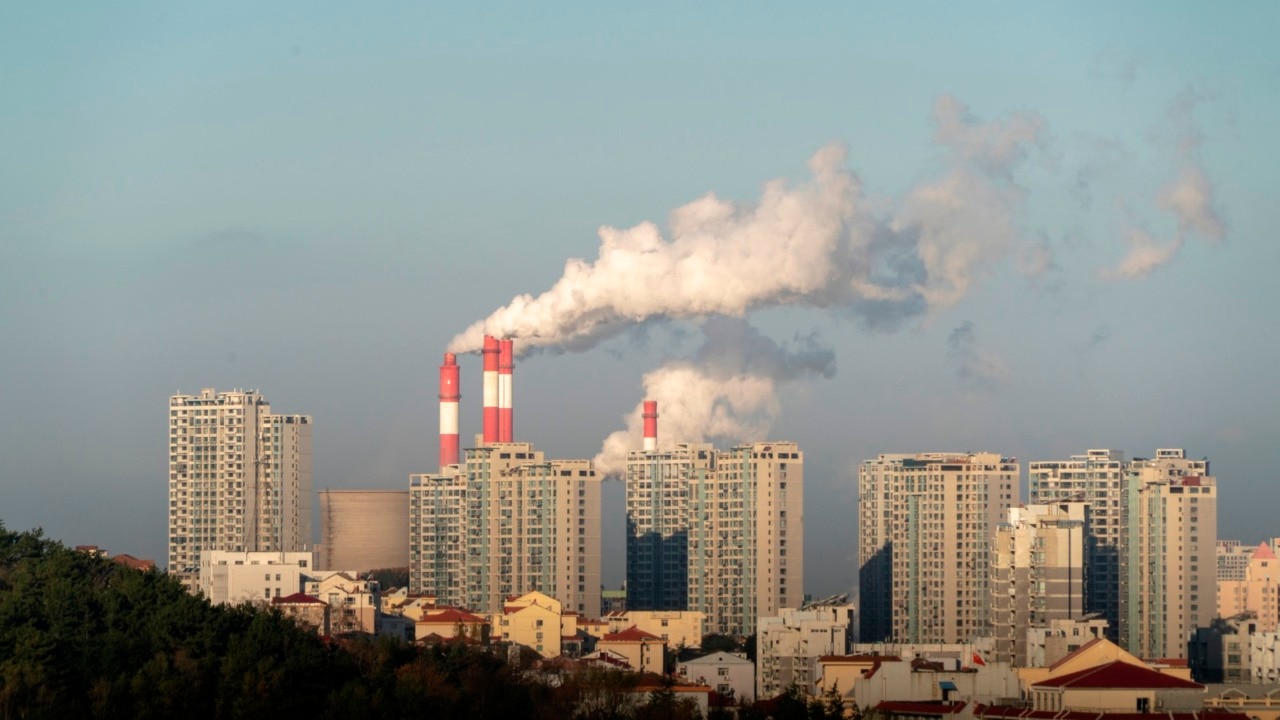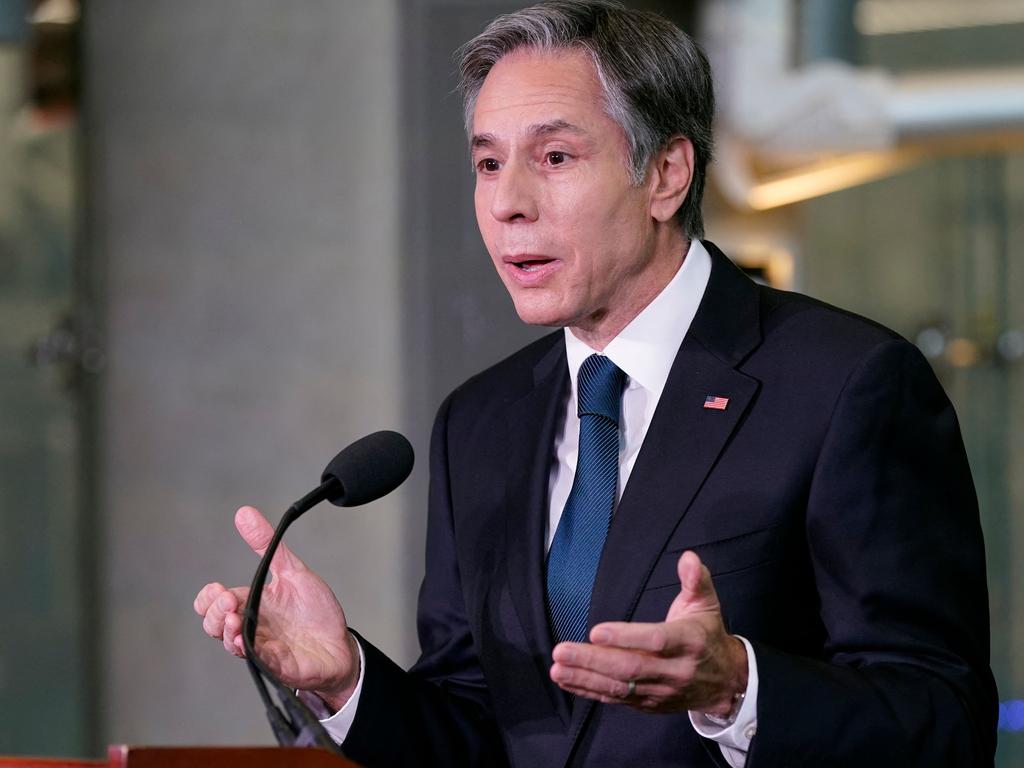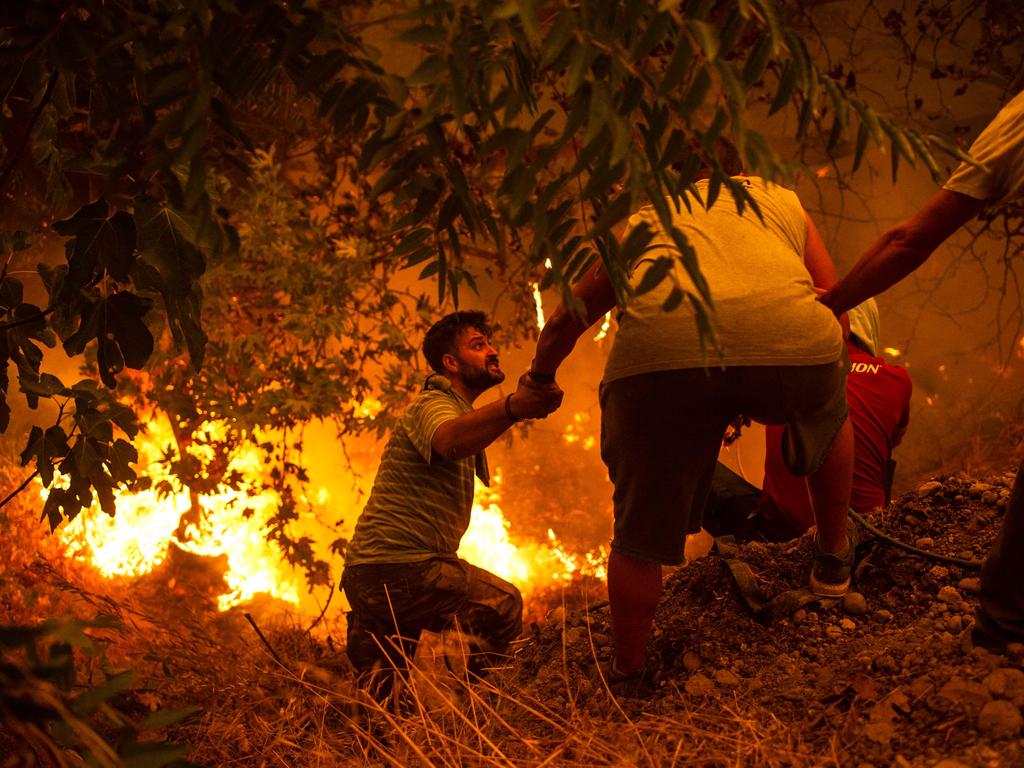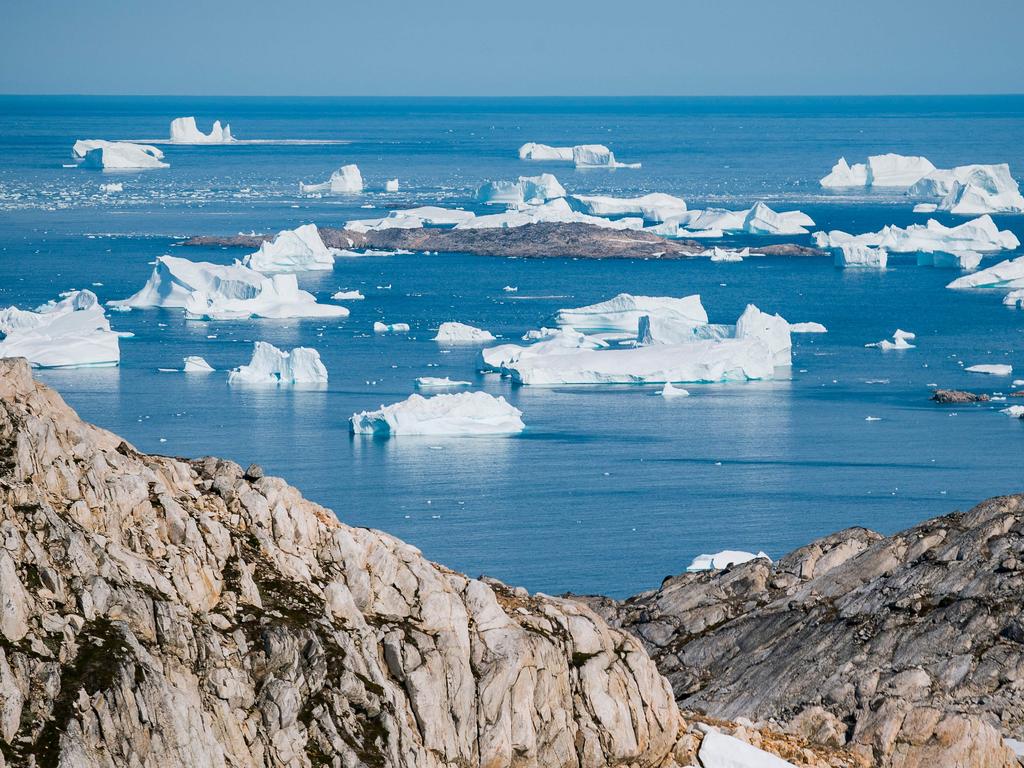High-carbon economy ‘to be hit hard’, say economists
Economists warn Australia must act swiftly to transition to a low-carbon future to offset a ‘disproportionate impact’ on our economy.
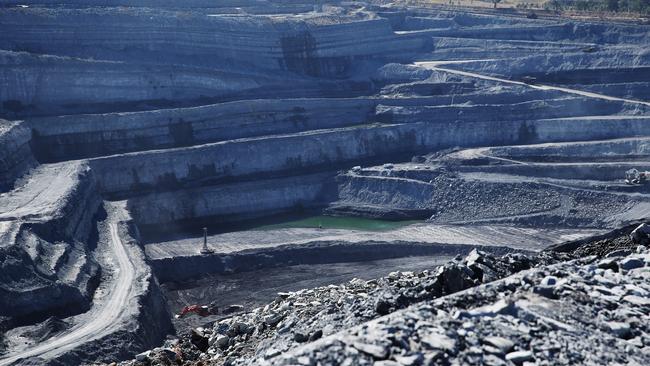
Economists warn Australia must act swiftly to transition to a low-carbon future to offset the “disproportionate impact” on our economy from the global race to reduce emissions.
UN Secretary-General Antonio Guterres this week said the dire findings in the latest Intergovernmental Panel on Climate Change report signalled “code red for humanity” and “must sound a death knell for coal and fossil fuels before they destroy our planet”.
ANU professor Warwick McKibbin said it was “clear” that there was a “disproportionate impact on Australia” from the push to meet the goal of limiting global warming to 1.5C above pre-industrial levels.
“We generate a lot more income from exporting fossil fuels than many other countries,” he said. “The structure of our energy system and production model is fossil fuel intensive.”
Coalmining overall, including the black coal for energy and brown coal for steel production, added $33.8bn to the national economy in 2019-20, and directly employed nearly 40,000 Australians, according to the most recent figures from the Australian Bureau of Statistics. The oil and gas extractive industry added $52bn to the economy, and directly employed 17,000 people.
Australia’s fossil fuel industry is set to generate nearly $77bn in export earnings in 2021-22, according to a recent report from the Office of the Chief Economist in the Department of Industry, Science, Energy and Resources.
Australia is the world’s second largest exporter of black coal and the world’s fourth largest resource base. Thermal coal producers, primarily based in NSW and Queensland, will export around 200 million tonnes of black coal in 2021-22, generating $17bn in export earnings, according to the department’s forecasts. That same report estimates Australia’s LNG export earnings will hit $49bn in this financial year, with 83 million tonnes forecast to be shipped over the 12 months.
Australian crude oil and condensate exports are projected to earn $10.9bn in this financial year.
In terms of power production, close to 60 per cent of Australia’s electricity is generated by burning coal and another 20 per cent from natural gas, meaning 80 per cent of our power generation depends on fossil fuels. The remaining fifth is from renewable sources.
But Professor McKibbin argued the country’s reliance on industries vulnerable to climate change initiatives was not a reason to delay action.

“It’s not really an Australian choice being made here, because 85 per cent of our black coal that we mine is being exported. The Hunter Valley (in NSW) is going to be hit no matter what, and it’s in our interest to take action to transition to help these communities now,” he said.
“The energy transition is already happening, and it’s more costly than it needs to be.”
Deloitte Access Economics lead partner Pradeep Philip said trading partners would eventually force changes to Australia’s export mix, stressing that “if you can act sooner and quicker, then the economic cost is less (but) if you are seen as a laggard, then the rest of the world imposes a tax on you”.
Ai Group boss Innes Willox said there were “no doubts in the mind of business that we need to be on a trajectory towards net-zero emissions by 2050”.
When it came to making the transition, Professor McKibbin said the government’s technology road map was only a start.
“On the balance of probabilities, given all the studies I’ve seen, it is much better to take action now then it is to delay action,” Professor McKibbin said.
Dr Philip argued that most of the national debate around the cost of decarbonisation started with the assumption of a trend growth rate unaffected by a warming climate. However, he said it was more accurate to factor in the ongoing economic toll of more frequent and severe natural disasters, and to then compare the case for action against that central scenario.
More Coverage
